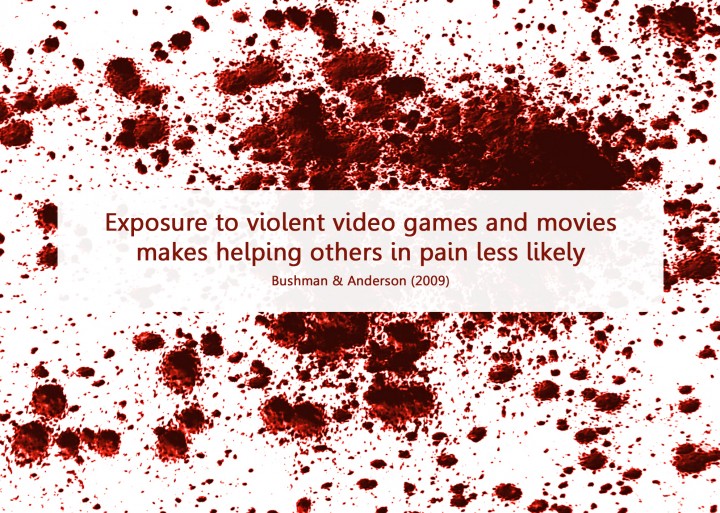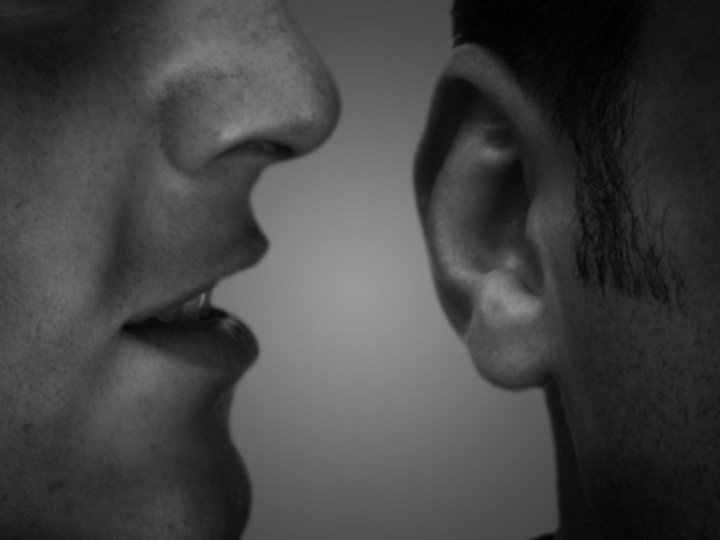Ever since I came across the blog Gaming Conversations I have wanted to do a collaboration with Braxwolf. After writing “Between men and women…” I realised from the comments that followed how interesting an open discussion about controversial topics can be. So here we go. I have chosen the gaming controversy resulting from discussions of the topic censorship and gaming. Does the content in video games change the behavior and attitudes of a player? Does that mean we should censor certain content? In this blog post I will present some different points of view and leave the subject open for discussion.
In today’s age gaming has become a medium of storytelling which provides their audiences with an interactive power not other forms of narrative can offer. This can help us more easily immerse and open ourselves to feel empathy for the characters who’s story we are experiencing. It’s a beautiful way for the art of storytelling to develop. But what are the downsides of this? Just like any medium of storytelling we are affected by it’s content. I know that people are still discussing this and mocking the idea that the games we play effects our psyche but personally I have to dismiss this as ridiculous. Saying that we are not affected by the stories we interact with and other media around us is like saying our culture have no effect on us. We know that we are effected by our surroundings. We are affected by friends, family, society and yes, also by the stories we read, the movies we watch and the games we play. There is so much research to back this up, I think it’s pointless to argue against. This does not mean that we will all of a sudden act contradictory to our own character after having watched an especially dark movie or played a game with questionable morals. It does not mean we will act out on violence because we interact with it in games. That is still up for discussion. Results of studies into the connection between video games and addiction, aggression, violence as well as stereotype conditioning and sexual morality issues are still under debate.
Though we know games affect us there are some research contradicting each other when it comes to the gravity of the issue and how much these mediums directly influence our behaviour. I have spoken of research into the subject of the effects of gaming before in my blog. In my article “Gaming and Self-esteem – Part 2” I wrote the following:
“Let’s have a quick look at the study ‘Know Thy Avatar: The Unintended Effect of Virtual-Self Representation on Behavior’. In it experiments were conducted in order to test the gamers’ post-game attitudes. The results confirmed that the character a person plays, even for a short amount of time, effects our personalities after we stop playing. By being in control of a specific avatar people began to behave in ways that conformed to that virtual identity they had adopted while playing. On the other hand the people who only observed the avatars passively without actually interacting with the game were hardly affected at all. With this study in mind, the importance of how gender is represented in gaming feels suddenly even more important than it’s ever done before.”
Now in the experiment “Know Thy Avatar“ the way the results were measured was by anonymously deciding how much chocolate or hot chili sauce someone was to eat. Yoon and Vargas (the psychological scientists conducting the experiment) anticipated that the players who had been playing heroes in the virtual world would be more magnanimous in real life. Likewise the players who had played the evil antihero were expected to be more villainous. This is precisely what was found found. Those who played the good avatar portioned out much more chocolate than hot chili sauce. And yes, the virtual villains’ showed a surprisingly high tendency to dish out a lot of hot chili sauce. However this is a pretty big step from deciding to start shooting innocent people on a bus or any other extreme violence that video game influence often is connected with.
Gamers and developers have for decades argued for their protection under the laws governing freedom of speech to express themselves through games. Others argue that many video games are harmful and therefore should be “subject to legislative oversight and restrictions”.
Let’s take an example.
The third person shooter indie game Hatred created by Destructive Creations is a good one. The character we get to play is a misanthropic mass-killing sociopath who begins a “genocide crusade” to kill as many human beings as possible. The game was described by the developers as a reaction to video game aesthetic trends such as political correctness, politeness, vivid color, and games as art.
The game was said to be created in a way to make the players ask themselves the question “what can push any human being to mass murder?”.
Destructive Creations business developer Przemysław Szczepaniak said in an interview with Vice:
“From the gameplay mechanics point of view, we could easily use evil Martians or zombies or anything. But hey, find me a twin-stick shooter where you are fighting against people. Zombies and demons are in most titles nowadays, and we see people are kinda bored with them. And besides, killing virtual “people” who are pretending to be something more than a pile of meat (like a zombie) [always makes more of an impression]. And it’s more interesting, because innocent zombies wouldn’t run away from you.”
“So the game stands out because innocent human beings, unlike zombies, behave in an interesting way when they’re shot at?”
“Yes, you get something more interesting than current games [have got us] used to. But it is not said that those virtual people will act predictably – they can surprise you in gameplay. Would a zombie surprise you? Not really; they just run towards you and moan, growl… nothing more.”
After that however he said something that interested me a lot. The interviewer point out the difference between Hatred and other games (such as Assassin’s Creed) saying that other games at least discourage the players by penalising them for actions when killing innocents. Przemysław Szczepaniak answered to this:
“Any killing game is about violence. It doesn’t matter if you try to justify it by a twist in the storyline, because you are still killing to reach a certain goal. Killing is always wrong. We show with Hatred how killing can be cruel; we did not justify anything about [it] – this is our honesty.”
Whether you agree with the idea of the face stabbing, cop killing game Hatred or not this does pose an interesting question: Do games that refuse to show the truth about violence and murder; the gore, the blood, the mess… are they romanticising violence? And most importantly, is this really more morally defendable than a game like Hatred which will repel most people the way violence “should” repel us? Tell me what you think in the comments below.
Photo attribution: “comfortably numb” by Will Lion licensed under CC by 2.0






